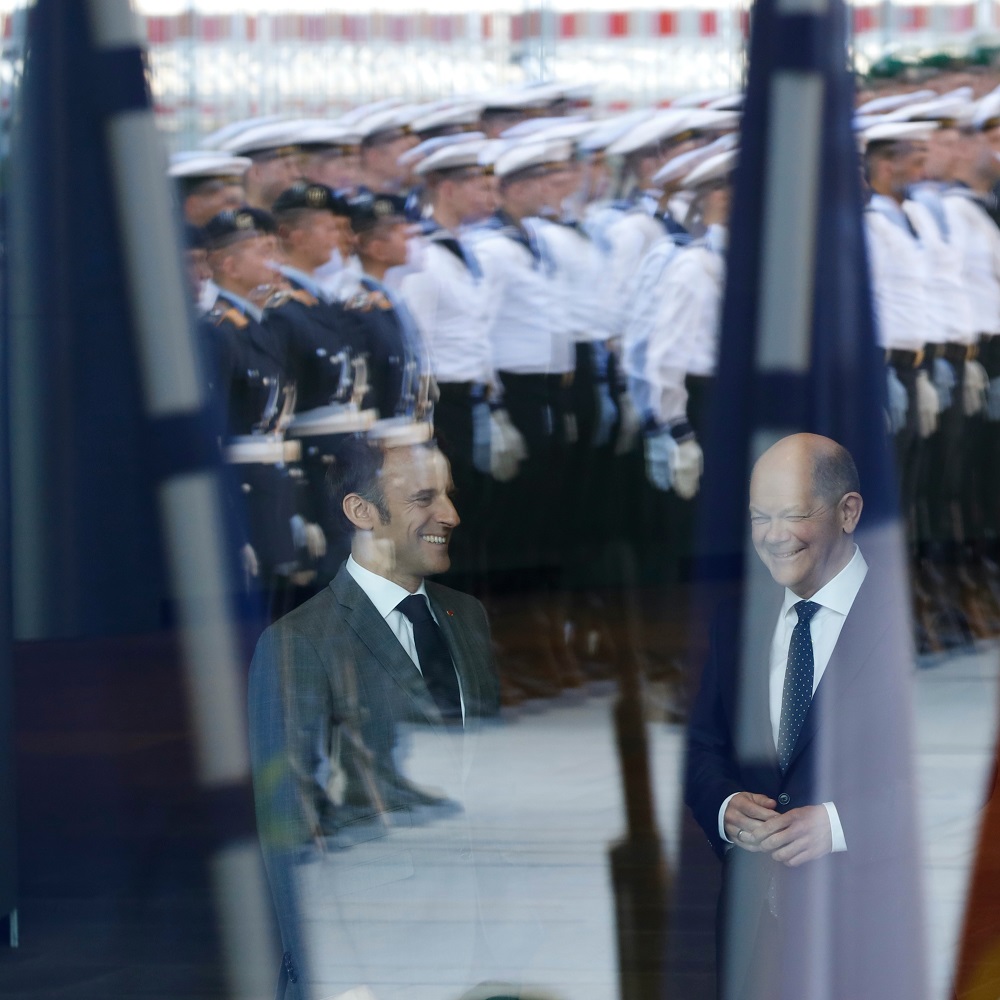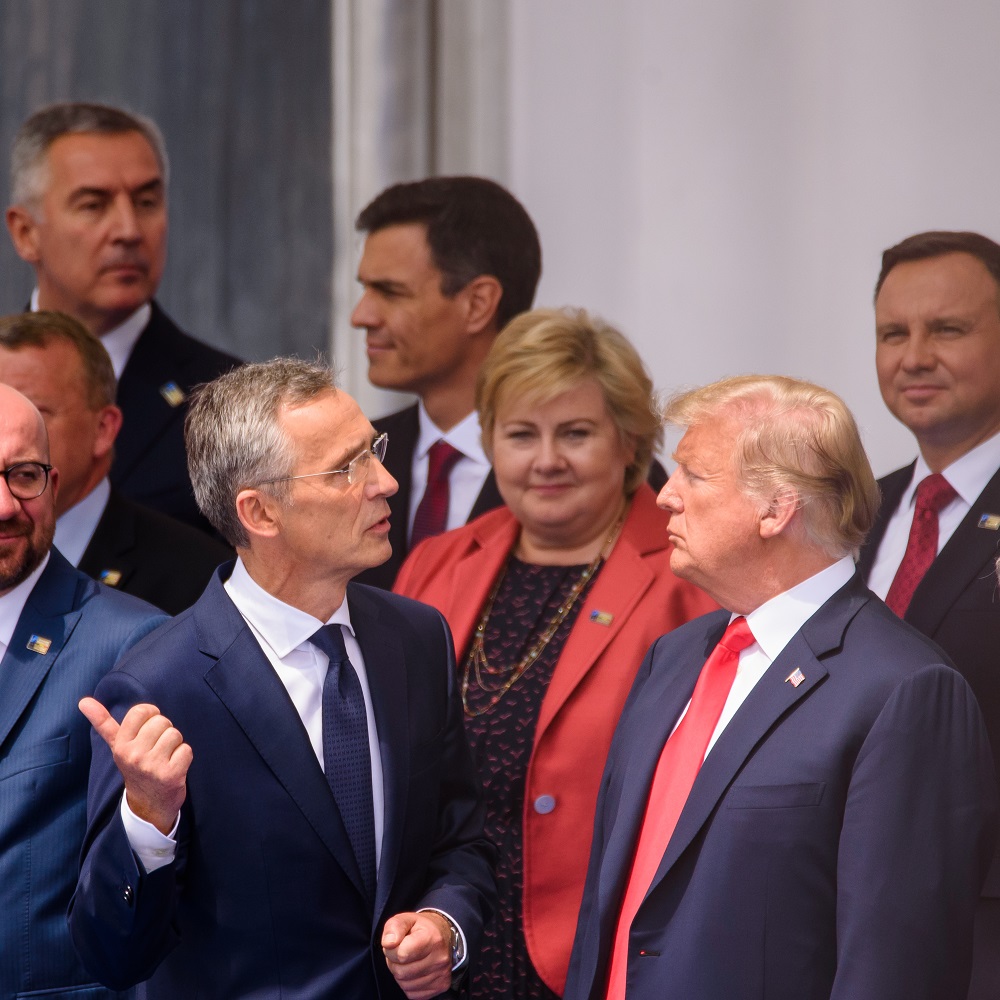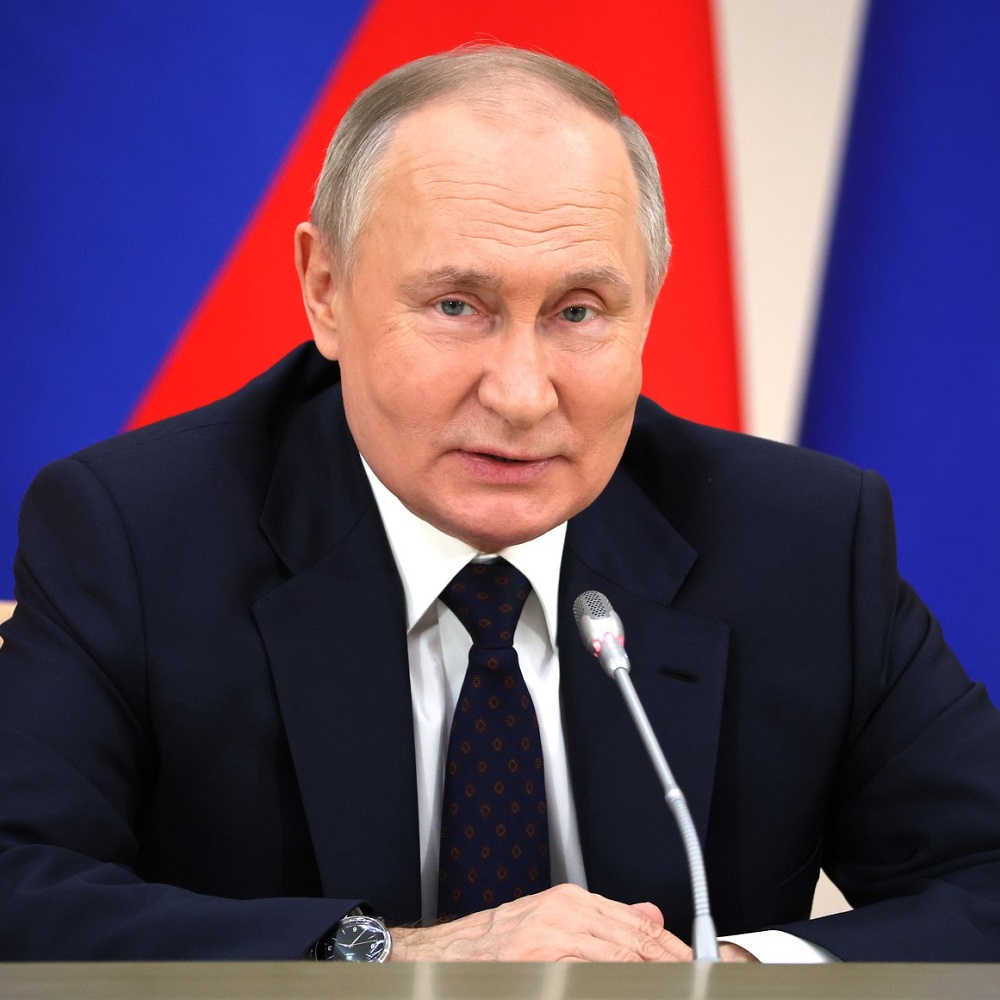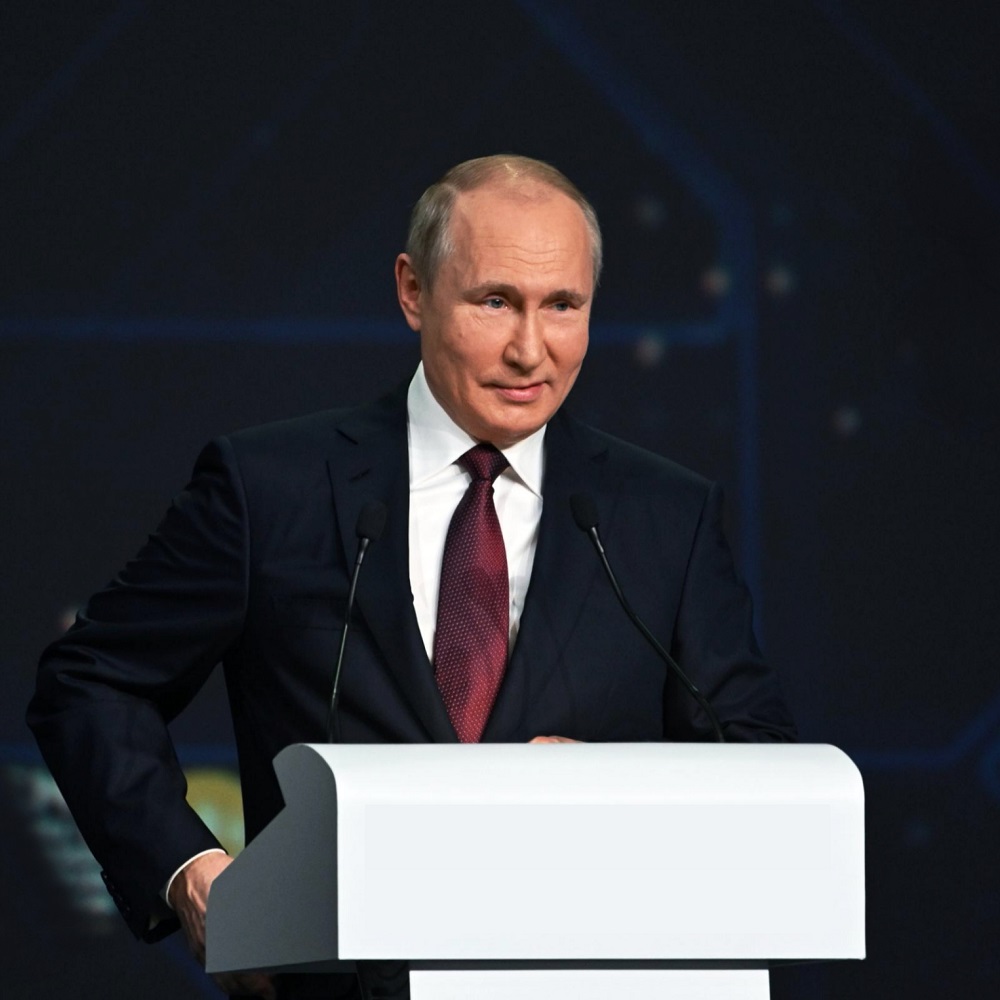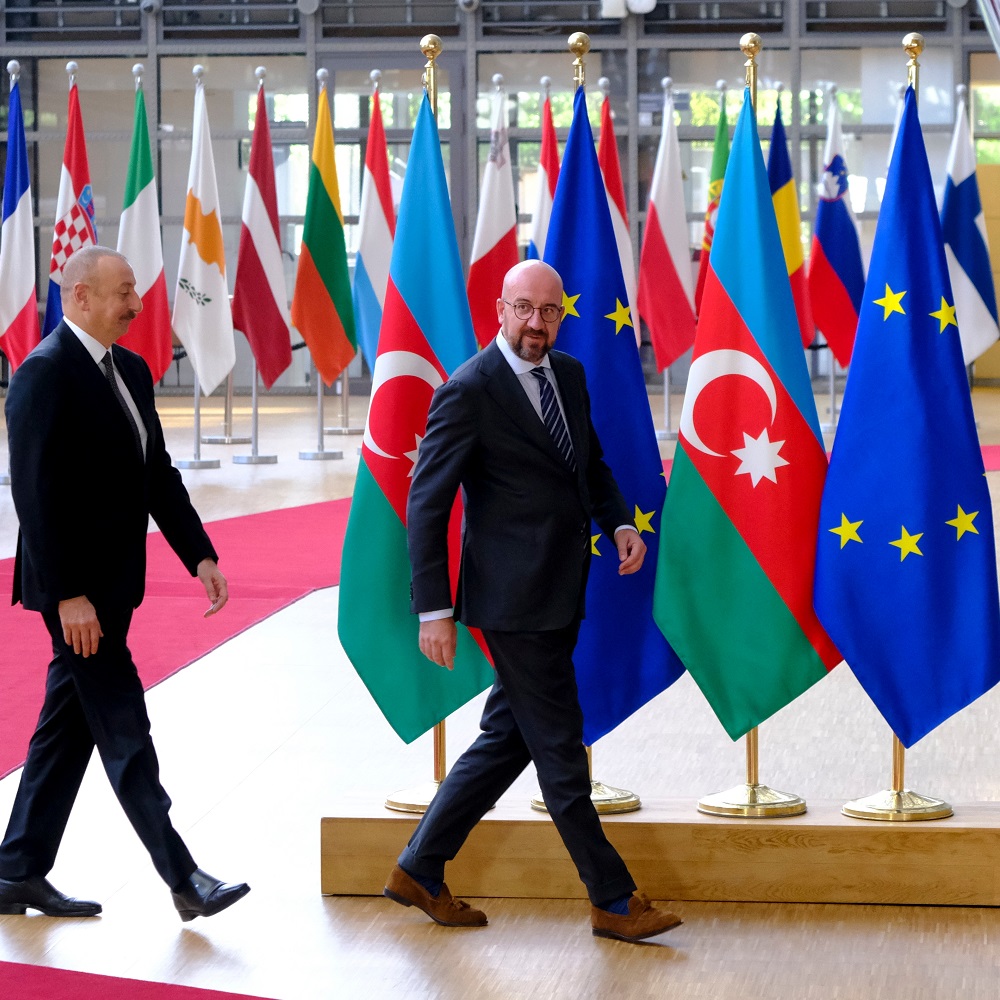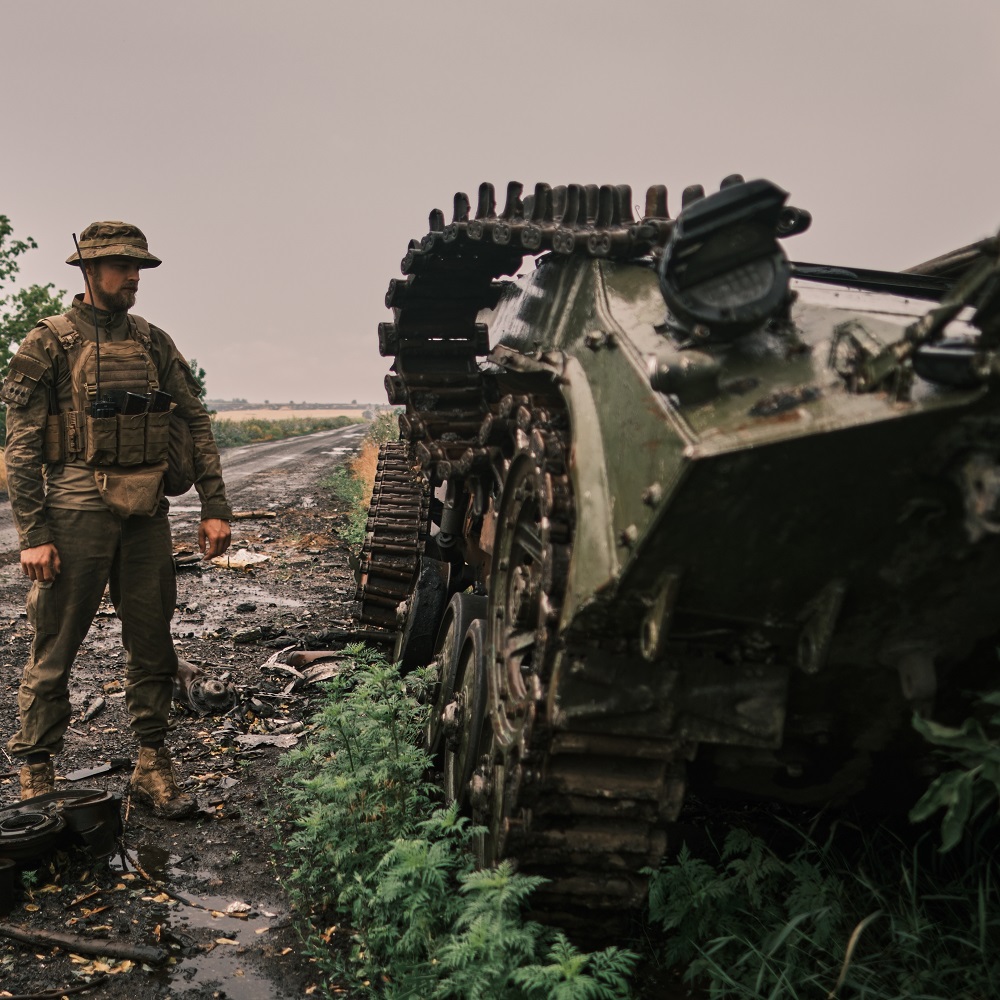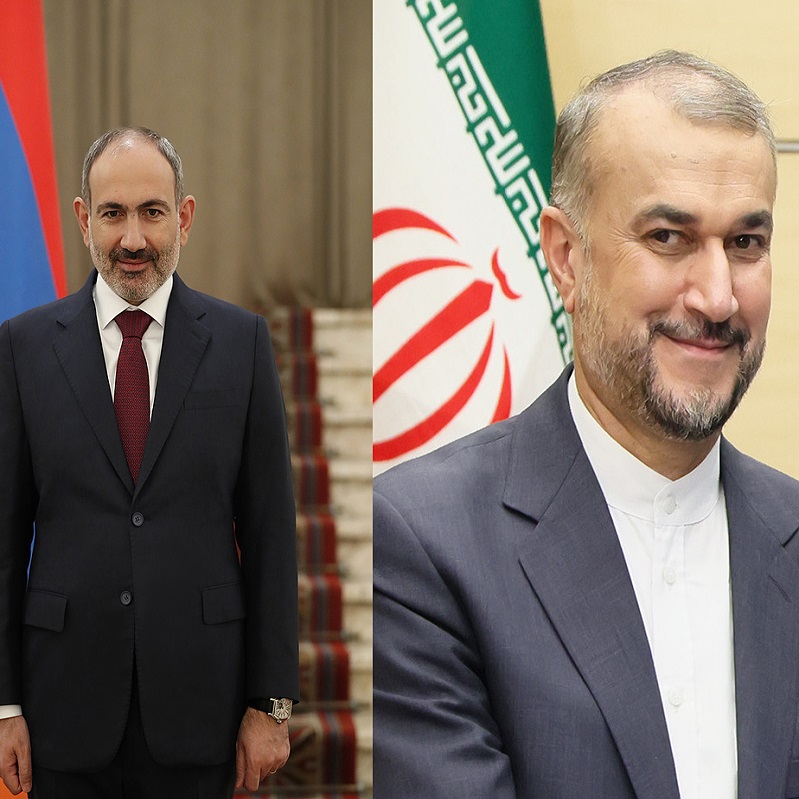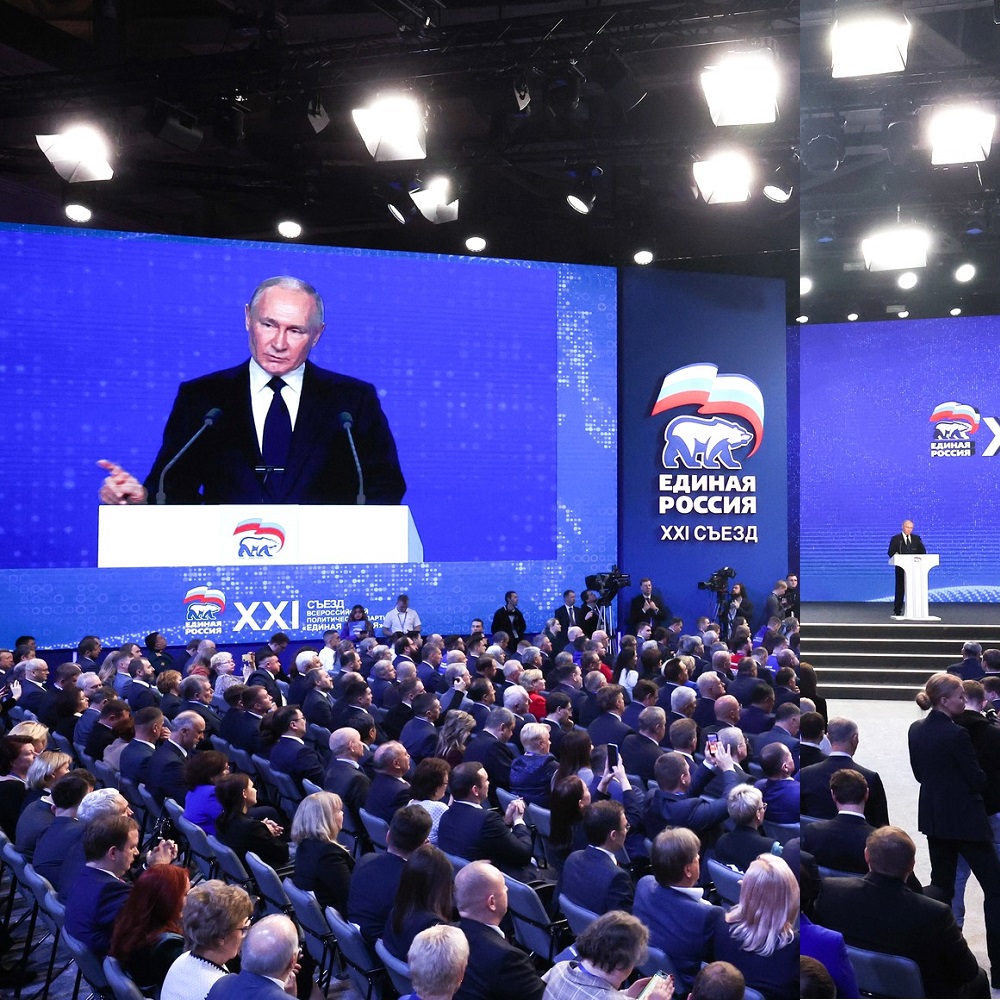
The Crocus City Hall: What We Know and What We Don’t
by Andrey Kortunov
The overall picture of the Friday’s large-scale terrorist attack in a Moscow’s suburb is finally acquiring some clarity. The attack on the Crocus City Concert Hall in Moscow’s satellite town of Krasnogorsk was conducted by four men of Central Asian origin, who were heavily armed with automatic rifles and incendiaries. The attackers started shooting when they stormed through the entrance killing unarmed security personnel and then proceeded through the lobby to the music room itself. There were no political statements or demands; as it later turned out, terrorists were not even sufficiently fluent in Russian. No hostages were taken, the goal of the attackers was quite simple—to kill as many people as possible and to inflict as much damage as possible to the concert hall itself. With more than 6.200 unarmed people caught in the building, this task was easy enough. The attackers were shooting at pointblank range, reloading their rifles and throwing incendiary checkers in all directions. After having put the building on fire they departed through the same central entrance and left the scene in a closely parked car. Many people were killed by the shooting, many suffocated by the smoke in condensed rooms and hallways, yet other perished when the glass-and-steel roof of the concert hall finally collapsed. With rescue operations and fire-fighting efforts still under way, the number of deaths was climbing over the weekend going to 137, including small children. More than a hundred and fifty victims remain in hospitals and the odds are that the final death toll will be higher. The attackers tried to escape in the direction of Russia’s border with Ukraine, but their car was intercepted by special forces and all the four men were arrested already in the morning of Saturday. Russia’s President Vladimir Putin declared March 24 a day of national mourning. However, even now, three days later, there are still some essential parts of the story that remain unclear and open to public discussions. The most important question is about who really stands behind the Friday attack. It is hardly possible to imagine that a few terrorists could have acted on their own, without a strong institution or a network behind them. In course of the first interrogations, they actually confessed that they were essentially nothing more than disposable ‘guns for hire’, that is to say that they were paid to do the job. By the way, the offered price was not that huge—slightly more than US$5.000 per person. However, the detained terrorists turned out to be incapable or unwilling to properly identity their alleged employers and customers. One of the most popular versions regarding the latter, which is now in broad circulation in the West, links the terrorist attack to the Islamic State of Iraq and Syria (ISIS, an organization recognized as terrorist and its activities banned in the Russian Federation). This version is based on the assumption that ISIS or, more specifically, ISIS-K (the Khorasan branch of the Islamic State operating in Afghanistan) has very many reasons to be unhappy with Moscow’s activities in places like Syria, Libya or even with Russia’s cautious support for the Taliban regime in Kabul. In September of 2022, ISIS-K claimed responsibility for the suicide bomber attack of the Russian Embassy in Kabul, which fortunately produced no victims. The terrorist organization demonstrated its operational capabilities in early January of 2024, when two ISIS–K attackers carried out twin suicide bombings in Kerman, Iran, during an event mourning the US assassination of Quds Force leader Qassim Soleimani. This version of who stands behind the atrocious terrorist attack is particularly convenient for the United States and its NATO allies since it points at the Western long-term enemies and rules out any, even hypothetical Western responsibility for the tragedy in Moscow. However, there are some apparent soft spots in this narrative. First, the pattern of the attack in the Crocus City Hall was very different from the ‘standard mode’ of ISIS operations. The Friday attackers were not religious fanatics, suicide bombers, or indoctrinated shooters ready not only to kill, but also do die pursuing their ‘holy mission’. The ultimate and uncompromised ISIS fanaticism has been demonstrated on many occasions, for instance, during a large-scale terrorist attack in Paris on the 13th of November, 2015. But this was not the case in Moscow last Friday—the attackers desperately tried to escape and to save their live. Second, it would be somewhat counterintuitive for ISIS to target Moscow at this particular moment, when Russia has taken a clearly pro-Palestinian position on a very sensitive for everybody in the Moslem world issue of the Israeli military operation in Gaza. It would be more logical to look for targets among the staunch advocates of Benyamin Netanyahu. Even if ISIS decided to stage a terrorist operation in Moscow, they would have probably targeted one of local synagogues, as they have already tried earlier. The alternative version, which is floating around in Russia, is that the real sponsors and instigators of the attack should be looked for in Kyiv. The version implies that since Ukraine is currently losing to Russia on the battlefield and has no opportunities to reverse the course of the conflict in its favor, terrorist attacks remain one of the very few remaining options that are still open for the Ukrainian leadership to make its case in an ‘asymmetrical’ way. This version can be also regarded as self-serving, since it unquestionably destroys the international reputation of Ukraine. Still, it should not be dismissed without consideration. After all, the terrorists tried to escape Russia through the Russian-Ukrainian border and were captured only a hundred miles away from the border. It seems that they should have at least secured some advance arrangements with appropriate partners in Ukraine, who would allow them to enter the Ukrainian territory safely and find shelter on the Ukrainian soil. Moreover, in Russia they consider a ‘Ukrainian involvement’ in the recent terrorist attack to be a logical continuation of what Ukraine has already been doing for a long time. On many occasions, Moscow accused Kyiv of sponsoring and even of directly organizing diverse terrorist activities deep in the Russian territory, including acts of economic sabotage and assassination attempts against prominent politicians, journalists and opinion leaders. The ongoing investigation should help clarifying the issue of the customers and instigators. However, it is clear that even if a Ukrainian trace is finally confirmed and proved by the Russian side, the West will still continue to deny any connections between Kyiv and the terrorist act in Moscow. The odds are that the Western leaders will continue to reject any piece of evidence that the Russian side might bring to the table. If so, the terrorist attack in Moscow will remain an open file for a long time—just like the file of the Nord Stream pipeline explosions in September of 2022. Another important question that remains unanswered is about the warning of the terrorist act that the United States sent to Russia a couple of weeks ago. In Washington they now claim that they did their best having informed Moscow of a high probability of a large-scale terrorist attack on the Russian soil a couple of weeks ago. However, in Russia they argue that the information from Washington was very general, unclear and therefore not really usable. There are thousands and thousands of popular public spaces in Moscow, and if the warning did not contain any reference to specific probable targets, the net value of the warning was limited at best. Moreover, in Moscow they accuse the United States and NATO of assisting Ukraine with planning its own sabotage and reconnaissance operations, including multiple strikes against civilian targets, which are defined in Russia as acts of state terrorism. This indirect polemics between Washington and Moscow raises a bigger question: is an efficient international cooperation in fighting against terrorism possible in the era of intense geopolitical competition? Is there any hope for success, when this competition in itself turns out to be a fertile soil for terrorism? The current trends are not very reassuring. Though the world has not recently witnessed terrorist acts similar to 9/11 events in New York and in Washington, hundreds of civilians died in the massive attacks in Paris and in Madrid, in Bagdad and in Berlin, in Beslan and over Sinai, in Gamboru (Nigeria) and in Mumbai (India), with new names added to this tragic list every so often. Large-scale terrorist attacks are now few and far between in the United States, but there have been more of them in Europe, let alone in the Middle East and in Africa. Why, then, is the goal to wipe out terrorism not achieved so far? In the first place, the international community has failed to agree on a common definition of terrorism’s origins, driving forces and character. What some actors explicitly dub as “terrorist” may look like a national liberation struggle for others. Bring up the issue of terrorism in Kashmir in a conversation with Indians and Pakistani, only to see there can hardly be a common denominator in this matter. Talk to Israelis and to Palestinians on how they define terrorism, and you will find striking differences as well. The United States routinely accused the Islamic Republic of Iran of sponsoring terrorism, but looking from Tehran you are likely to define the above-mentioned US assassination of Genal Qassim Soleimani as an unquestionable act of international terrorism. Throughout history, many self-confident leaders have attempted to draw a line between ‘bad’ terrorism and ‘good’ terrorism, aspiring to manage and to use terrorists as convenient foreign policy tools. However, this arbitrarily drawn line between ‘bad’ and ‘good’ terrorists has always got blurred, and former seemingly obedient and efficient servants have again and again revolted against their short-sighted masters. Second, any success in the fight against terrorism entails a high level of trust between the interacting parties—simply because they would have to exchange a lot of sensitive and confidential information. In today’s world, trust is thin on the ground. An apparent and mounting deficit of this resource is not only present in the relations between Moscow and Washington; it also takes its toll on the relations between Beijing and Tokyo, between Riyadh and Teheran, between Cairo and Addis Ababa, between Bogota and Caracas, and the list goes on. It would be tempting to try to somehow ‘insulate’ the fight against international terrorism, separating it from the overall geopolitical competition. However, it is practically impossible since any international cooperation on terrorism is inextricably linked to the very core dimensions of national security. Third, international terrorism is far from an issue that is set in stone. It is gradually changing and evolving to become more resilient, sophisticated, and cunning. The recent events at the Crocus City Conference Hall is a clear indication of how much damage can be inflicted by a relatively small, but well-armed and well-prepared group of militants. Similar to a dangerous virus, the terrorist threat is mutating, generating ever new strains. Another lesson that we should learn is that the modern highly urbanized and technologically advanced post-modern civilization—be it in Russia, in China, in Europe or in the United States—is extremely vulnerable to terrorist attacks. Rapidly changing and increasingly complex social and economic infrastructure, especially in large metropolitan areas, is an enabling environment for hard-hitting terrorist attacks. Besides, international and civil conflicts—like the one raging in Ukraine—drastically heighten the accessibility of modern arms for would-be terrorists. Such conflicts inevitably generate large numbers of trained fighters with a lot of combat experience, access to sophisticated weapons and, sometimes, with severe mental problems. These fighters are easy prey for recruiters from international terrorist networks, or they turn into dormant ‘lone wolves’, who could go hunting at any moment. One should not dismiss the kind of terrorism bred by anonymous mavericks and amateurs rather than the sort represented by well-known transnational extremist movements—individualists are the hardest to track and neutralize, while plans of amateurs are harder to reveal. The current progress in military technology, coupled with other trends in the contemporary international arena, portend a new spike in terrorist activities in the coming years Add to this a comprehensive setback in the resilience of global economy, which may be fraught with more social tensions and an inevitable rise of pollical radicalism and extremism in a broad range of countries. An obvious foretelling: In this “nutrient broth”, the virus of terrorism, which has not been wholly eradicated, stands all the chances for an “explosive” growth. Taking terrorism off the agenda is only possible if humanity effects a transition to a new level of global governance. It is either that the leading powers are wise and energetic enough for this, or the tax that international terrorism imposes on our common civilization will be progressively higher. First published in Chinese in the Guancha.









